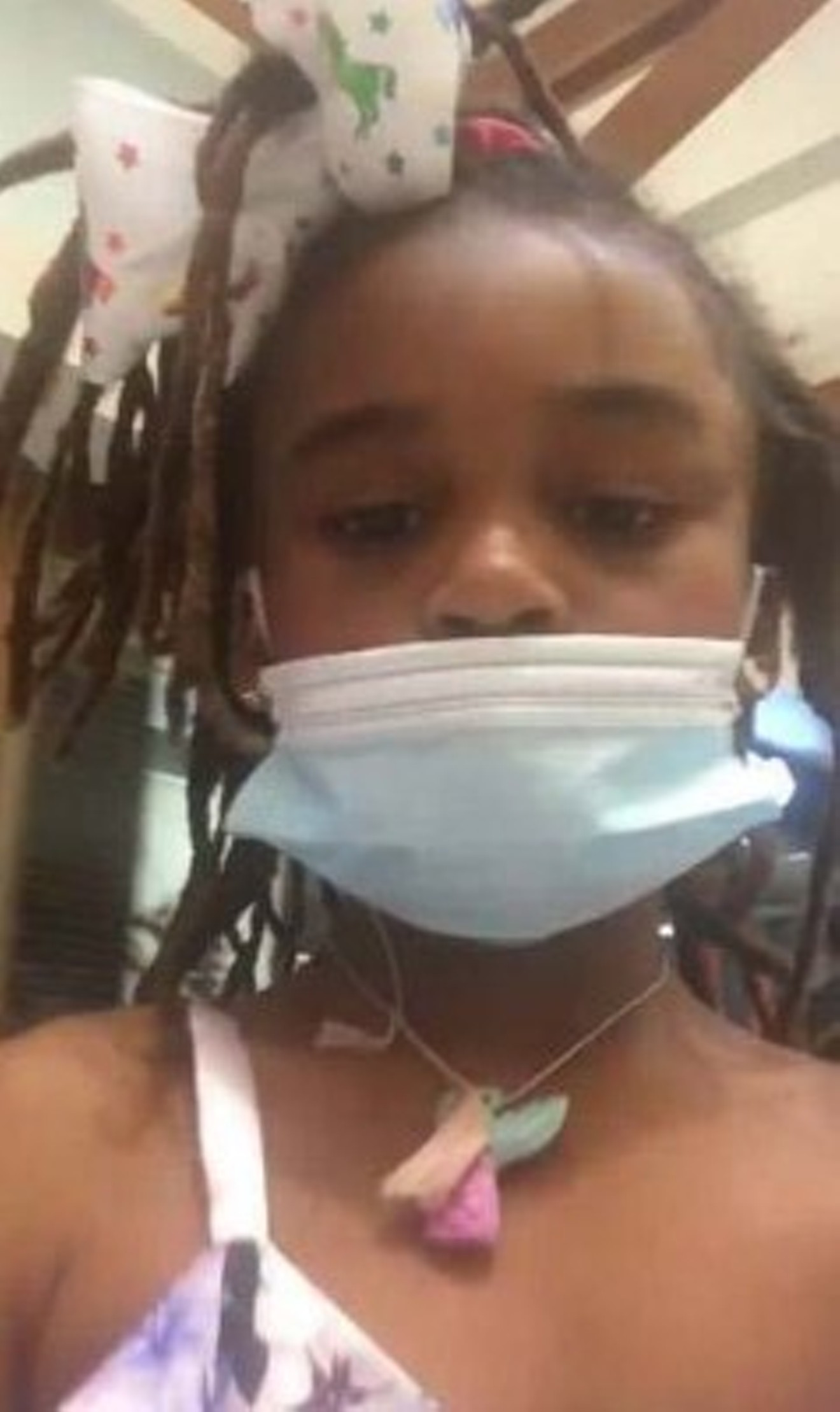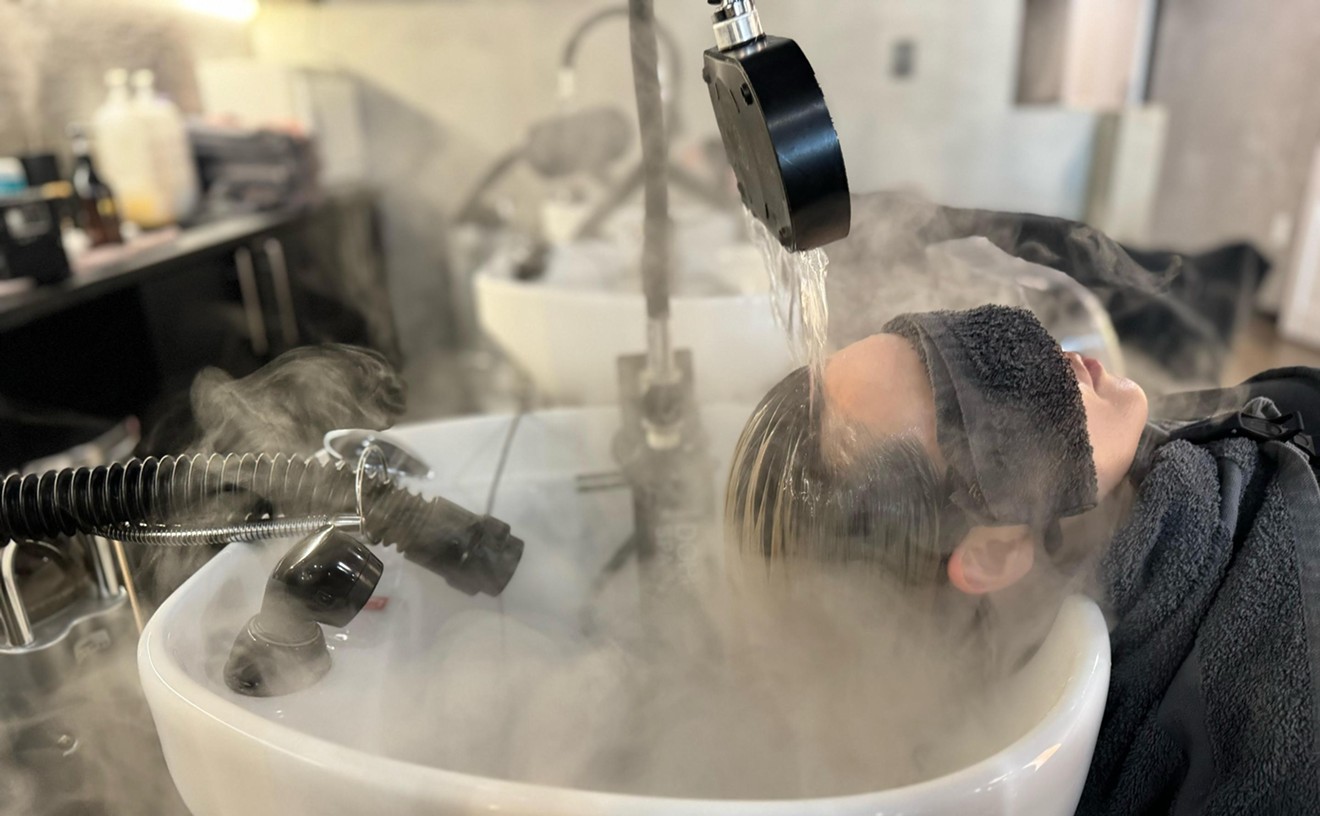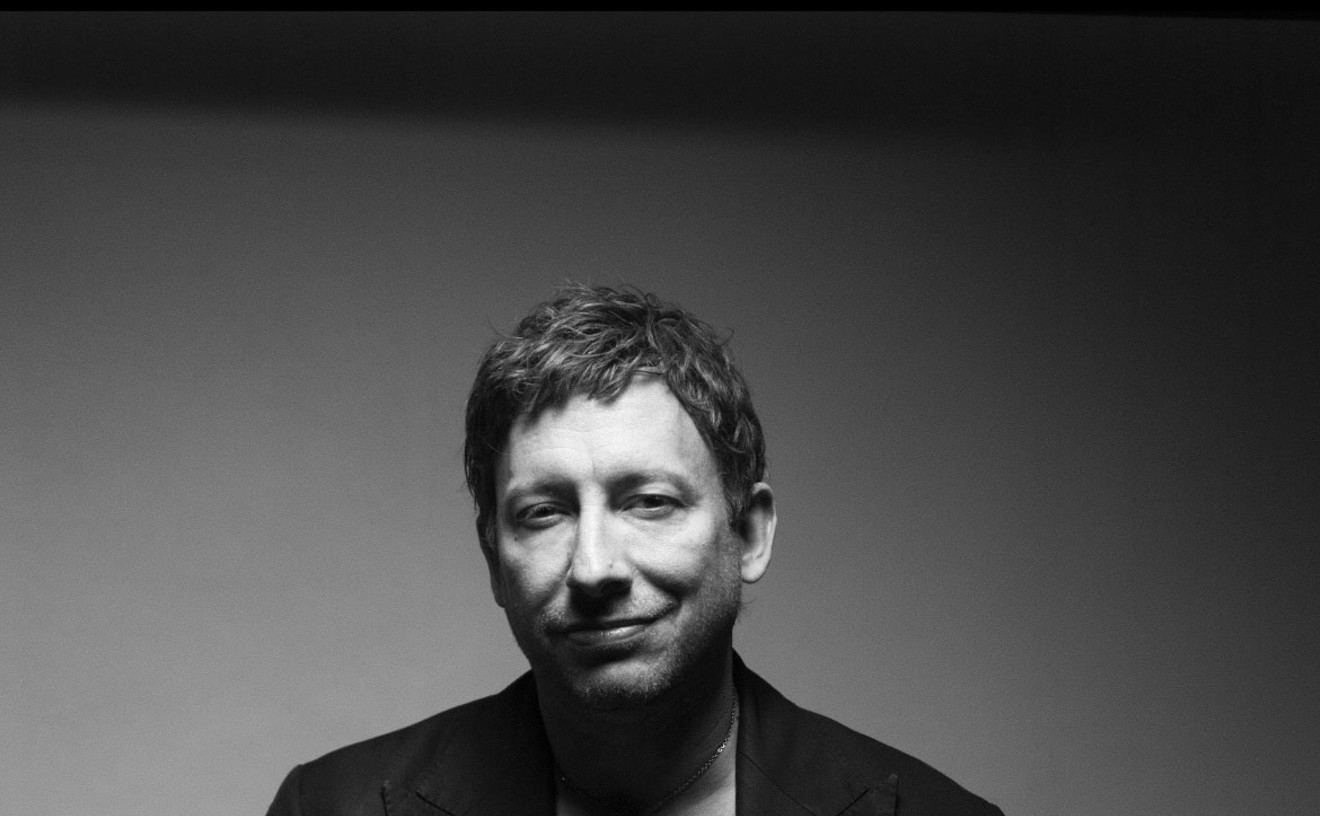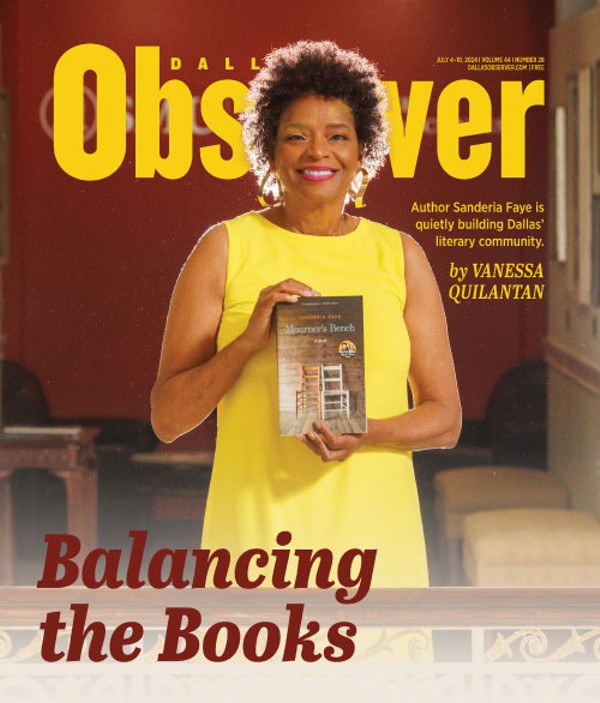A social media litigation group is taking the video streaming giant TikTok to court over the death of an 8-year-old girl from Temple.
The Social Media Victims Law Center (SMVLC) filed a civil lawsuit against TikTok and its parent company ByteDance Ltd. in a Los Angeles County court on behalf of the families of two children who died while attempting the viral TikTok challenge known as the "blackout challenge," according to court documents.
The lawsuit claims that TikTok's proprietary algorithm is intentionally designed to "push content to teens and children that Defendant knows to be problematic and highly detrimental to its minor users' mental health," according to the documents.
The SMVLC seeks to hold TikTok liable for the death of Lalani Erika Walton, 8, of Temple who died in 2021 as a result of asphyxiation by strangulation. The lawsuit alleges that Lalani participated in the dangerous strangling challenge that resulted in her death. The suit also represents Arriani Jaileen Arroyo, 9, of Milwaukee, who died in 2021 from asphyxiation while participating in the same viral challenge.
Lalani died on July 15, 2021, at her home in Temple. Her stepmother, Rashika Walton, was driving her and two step siblings to and from her grandparents' house and noticed that Lalani was watching TikTok on her phone during the trip but "could not see what Lalani was watching on TikTok," according to the lawsuit's complaint.
Lalani and her family returned home where they stopped to change to go swimming. Rashika was tired from the long road trip and took a nap. She woke up an hour later and noticed the door to Lalani's room was closed.
"She walked in and found Lalani hanging from her bed with a rope around her neck and still warm to the touch," the lawsuit says. "Rashika called a neighbor who cut Lalani down and called 911. The last thing Rashika remembers before passing out was seeing the paramedics put Lalani's body into an ambulance."
Temple police seized and examined Lalani's phone and tablet and determined her death was not a suicide because they found she had been looking at videos of the "blackout challenge" "on repeat and had "been attempting the challenge herself," according to the suit.
The lawsuit seeks a ruling on TikTok's strict product liability and negligence for allegedly contributing to the two deaths and a "prayer for relief" for economic losses, pain and suffering, exemplary or punitive damages and medical expenses for the victims' families.
The lawsuit also claims that the TikTok app "has intentionally designed its product to maximize users' screen time using complex algorithms designed to exploit human psychology and driven by the most advanced computer algorithms and artificial intelligence available to two of the largest technology companies in the world."
The SMVLC claims that children are most susceptible to these algorithms that push "dangerous or risky conduct," including some of the platform's more harmful body challenges. These algorithms also create an "addictive" product among youths "based on Tiktok's failure to provide adequate warnings to minor users and their parents that TikTok is addictive and directs vulnerable users to highly dangerous and harmful challenges including but not limited to the Blackout Challenge," according to the complaint.
The complaint also lists other viral challenges pushed to young viewers on the platform such as the "fire mirror challenge" in which users spray shapes or sayings on a mirror with a flammable liquid and light it on fire, the "Benadryl challenge" and the "milk crate challenge," in which people attempt to step across a pyramid of stacked milk crates — a trend that unsurprisingly resulted in numerous injuries.
"At all times relevant hereto, TikTok had both constructive and actual knowledge that when TikTok's products were used in a manner that was intended or directed by or reasonably foreseeable to TikTok and was known to or foreseen by TikTok, they were used by consumers including children to engage in risky and dangerous activities that were promoted and disseminated by TikTok's product which sought to encourage such engagement and it was likely that significant injuries, including death, would occur," the complaint says.
This isn't the first time the social media platform has been sued. In 2021, TikTok settled a class action lawsuit with a $92 million payout for harvesting data without users' permission. And in March 2022, two former content moderators for the site sued TikTok for failing to provide proper counseling after they were routinely exposed to "extremely disturbing videos," among other complaints in the lawsuit.
[
{
"name": "Air - MediumRectangle - Inline Content - Mobile Display Size",
"component": "18855504",
"insertPoint": "2",
"requiredCountToDisplay": "2",
"watchElement": ".fdn-content-body",
"astAdList": [
{
"adType": "rectangle",
"displayTargets": "mobile"
}
]
},{
"name": "Editor Picks",
"component": "17105533",
"insertPoint": "4",
"requiredCountToDisplay": "1",
"watchElement": ".fdn-content-body",
"astAdList": [
{
"adType": "rectangle",
"displayTargets": "desktop|tablet"
},{
"adType": "rectangle",
"displayTargets": "desktop|tablet|mobile"
}
]
},{
"name": "Inline Links",
"component": "18349797",
"insertPoint": "8th",
"startingPoint": 8,
"requiredCountToDisplay": "7",
"maxInsertions": 25
},{
"name": "Air - MediumRectangle - Combo - Inline Content",
"component": "17105532",
"insertPoint": "8th",
"startingPoint": 8,
"requiredCountToDisplay": "7",
"maxInsertions": 25,
"watchElement": ".fdn-content-body",
"astAdList": [
{
"adType": "rectangle",
"displayTargets": "desktop|tablet"
},{
"adType": "rectangle",
"displayTargets": "desktop|tablet|mobile"
}
]
},{
"name": "Inline Links",
"component": "18349797",
"insertPoint": "8th",
"startingPoint": 12,
"requiredCountToDisplay": "11",
"maxInsertions": 25
},{
"name": "Air - Leaderboard Tower - Combo - Inline Content",
"component": "17105535",
"insertPoint": "8th",
"startingPoint": 12,
"requiredCountToDisplay": "11",
"maxInsertions": 25,
"watchElement": ".fdn-content-body",
"astAdList": [
{
"adType": "leaderboardInlineContent",
"displayTargets": "desktop|tablet"
},{
"adType": "tower",
"displayTargets": "mobile"
}
]
}
]












